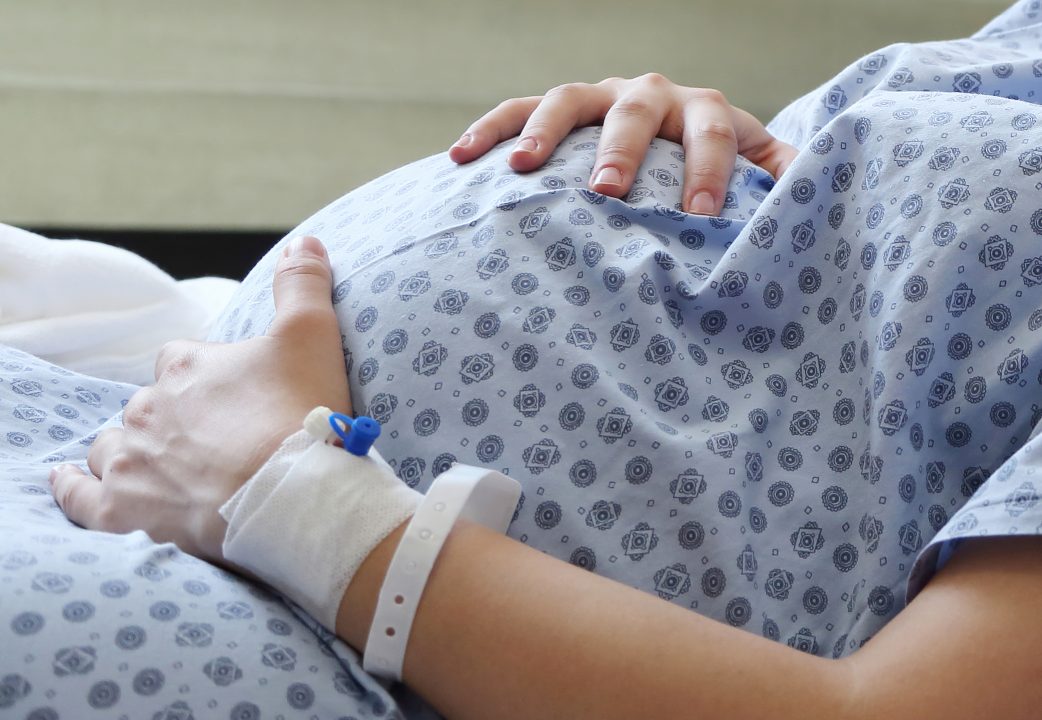
Ivory coast has recorded a sharp decline in school-related pregnancies, with the Ministry of National Education and Literacy confirming a 36.5% drop in cases during the 2024–2025 academic year.
New figures reveal a total of 4,266 pregnancies among secondary school girls—down from 6,681 cases in 2022–2023.
According to data from the Directorate of Studies, Strategies, Planning and Statistics (DESPS), the pregnancy rate among schoolgirls now stands at 0.28%, or approximately three cases per 1,000 girls enrolled. This is a marked improvement from the previous year’s 0.36% rate and an even steeper drop from the 0.47% recorded in 2022–2023.
“These figures reflect a real shift,” said Minister of National Education Mariatou Koné, highlighting the ministry’s strategy grounded in scientific methodology.
“From the development of questionnaires to the training of field agents, every stage of the process is rigorously managed to ensure credible data collection.”
Over the past three years, the ministry has intensified its efforts to tackle school pregnancies through a network of 41 regional education directorates and 320 inspectorates at the preschool and primary levels.
These bodies now include coordinators specifically responsible for overseeing mutual insurance, social services, and data monitoring related to school pregnancies.
The education ministry’s data collection covers students, teachers, and support staff throughout the academic year.
Unlike sample-based surveys, this approach relies on systematic reporting from schools and school-based mutual services to create a real-time database that meets international standards.
This comprehensive system allows the ministry not only to monitor pregnancies but also to ensure that affected students can be reintegrated into school following a period of deferral—so long as they are not subject to expulsion.
Awareness campaigns have also played a pivotal role.
Through the collaboration of multiple stakeholders, including community leaders and education partners, efforts have been made to promote reproductive health education and reduce stigma around early pregnancy.
The long-term goal, according to the ministry, is zero school pregnancies.
While that target has not yet been met, the current trend offers renewed optimism that with continued investment, coordination, and education, it may one day become a reality.



